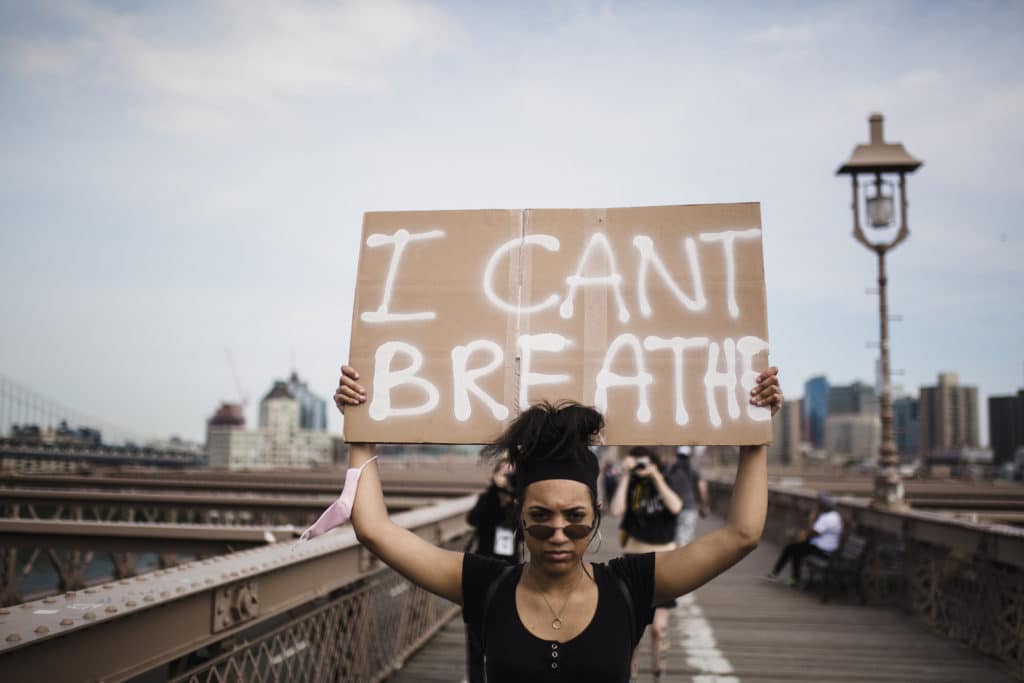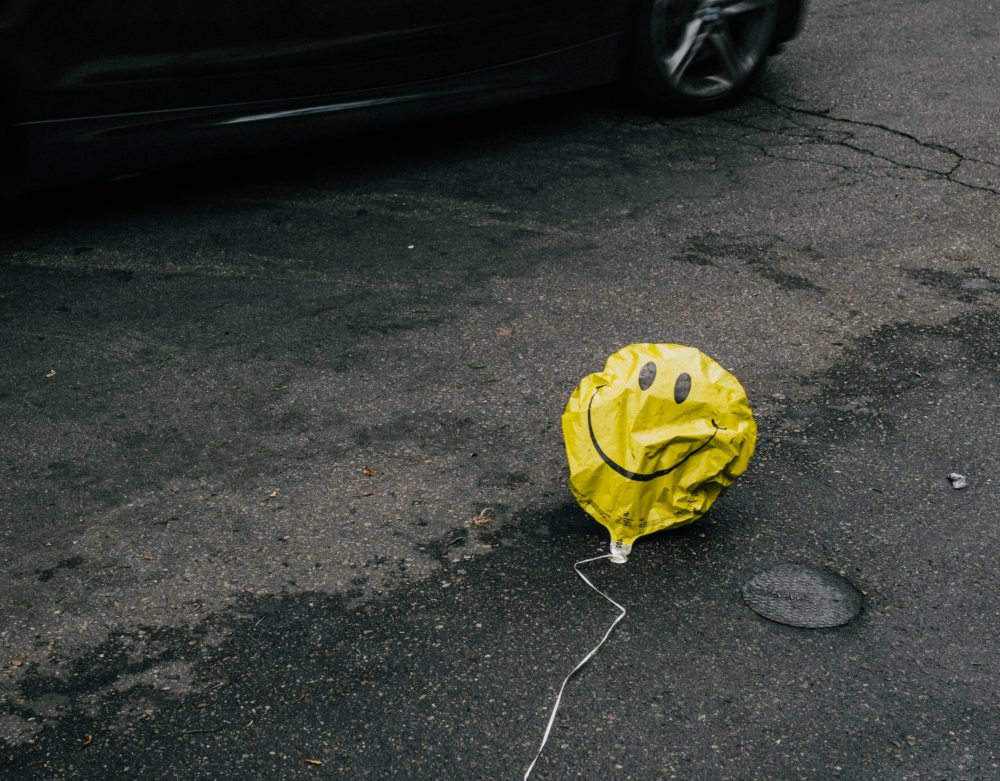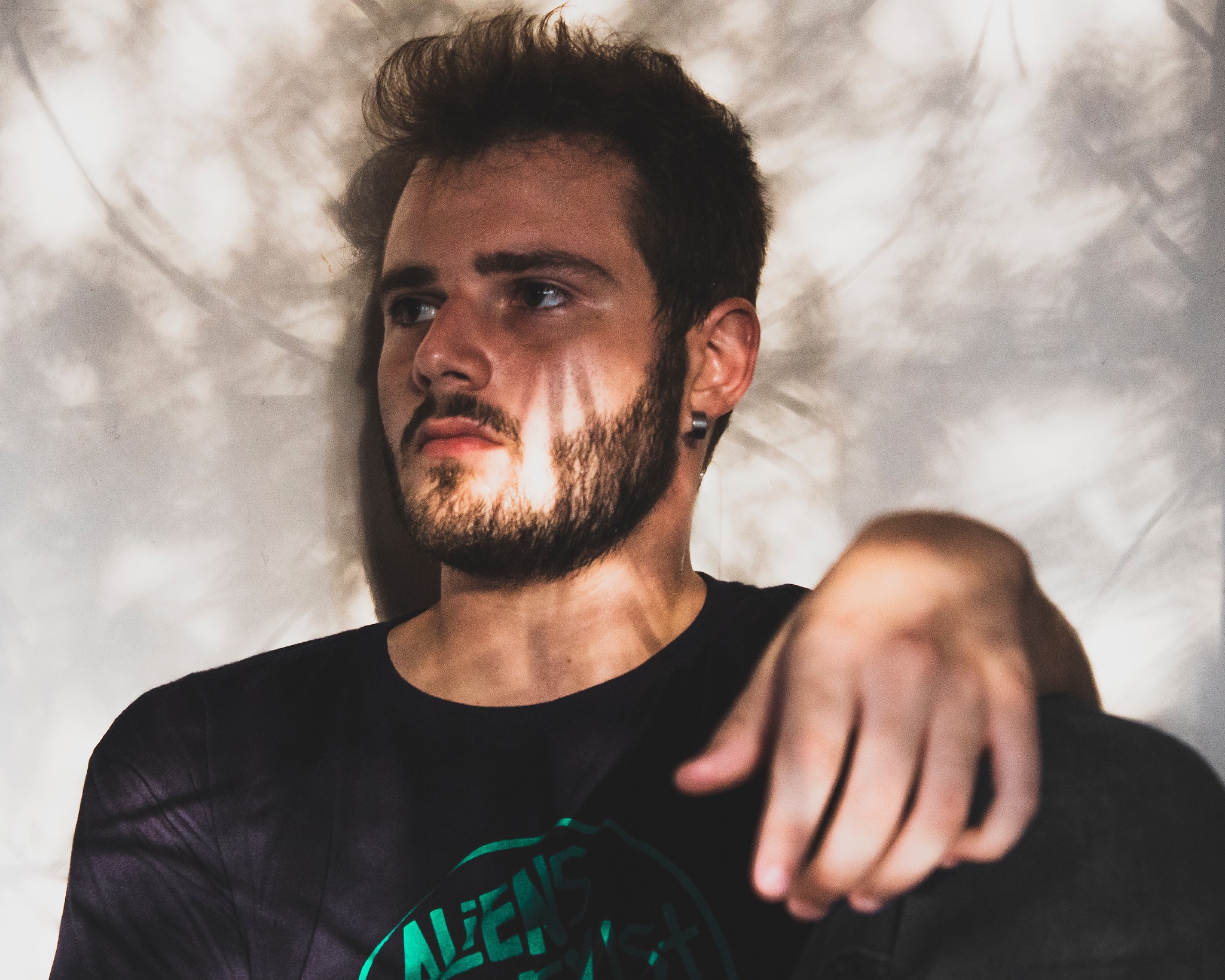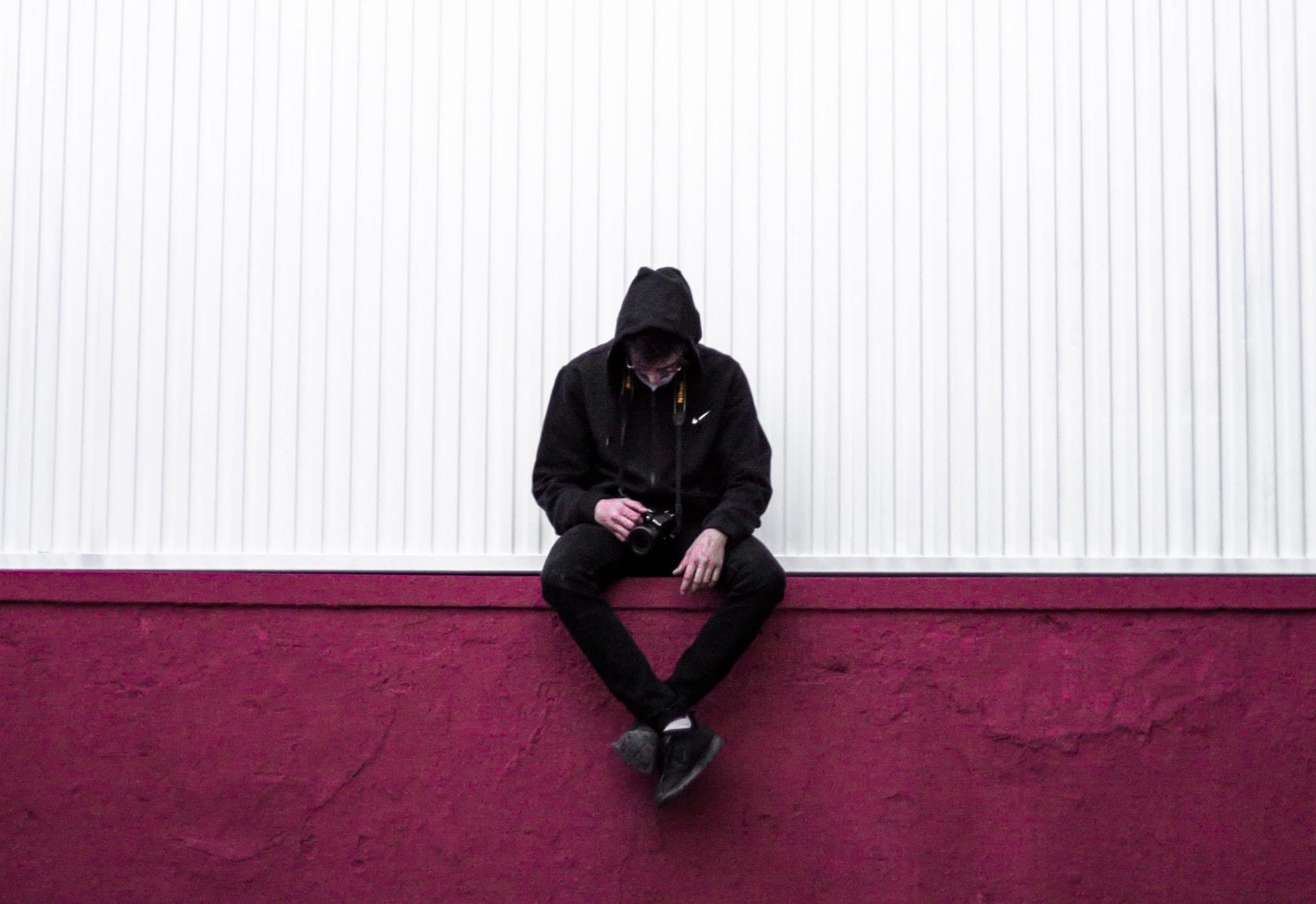Organizer and Protester Mental Health
Following the police killing of George Floyd in late May 2020, protests and demonstrations against police brutality targeting Black people have erupted across the United States. Protests can take a significant toll on mental health, especially for Black people, who already face health disparities and other forms of systemic racism. The racial trauma experienced by People of Color can lead to mental health symptoms similar to PTSD. Furthermore, Black people are twice as likely to die from COVID-19 than White people. If you’re participating in or organizing protests, here are some tips to help you take care of your mental health.

Monitor for potential signs of distress.
Between the ongoing COVID-19 pandemic and police violence, Black protestors are especially vulnerable to mental health concerns right now. Monitoring for warning signs of psychological distress can help you stay mindful of your mental health. These warning signs include anxiety, headaches, digestive issues, depression, and social withdrawal.
Know your role.
If you’re considering attending protests, you should know that some members of law enforcement agencies have used unnecessary force at peaceful protests. According to the Associated Press, police officers have driven vehicles through crowds and used pepper spray on protesters.
If you don’t feel safe protesting, educate yourself about the different roles and avenues of advocacy available. Donating to your local community organizations, signing petitions, writing to the White House, calling City Council, organizing peaceful protests, sharing accurate information on social media, and speaking out against law enforcement and racism are all ways to stay involved.
Unplug.
Many of us have been glued to our screens to stay up-to-date with the latest stories and statistics. However, videos, news reports, racist tweets, and hate speech on social media can be triggering. Taking some time to unplug can allow yourself time to heal.
Surround yourself with support.
Surrounding yourself with friends, family members, and loved ones can allow you to voice your opinions and connect with people who get it. Aim to create a safe space to discuss what you’re all feeling and to process recent events.
Joining a relevant support group can also provide support during this time. Check out the support groups offered by the National Alliance on Mental Illness (NAMI). Alternatively, consider joining the global community at Ethel’s Club.
Also, remember that you don’t have to educate anyone. Educating others is not your job—you can direct potential allies to Google or choose not to engage with racists online.
Practice mindfulness and meditation.
Practicing mindfulness goes hand-in-hand with avoiding social media. People on all sides of the Black Lives Matter movement are sharing their pain online. This can create a chaotic environment that can exacerbate stress and negativity. Practicing mindfulness meditation or engaging in yoga can help you clear your head and process your feelings, behaviors, and reactions to recent events.

Find a Therapist to Help With Mental Health as an Organizer or Protester
Get personalized matchesCreate time for yourself.
Awareness of the many acts of injustice around you can be tiring. It’s easy to ignore your mental and physical health when you’re feeling overwhelmed. Intentionally creating time for yourself allows you to focus on your health and well-being. If you’re a mother, caregiver, or frontline worker, create time to connect with your family members and loved ones.
Seek professional help if you need it.
According to the United States Department of Health and Human Services, Black people are 20% more likely to report acute psychological distress than White people. The persistent stress of living under racism can contribute to mental health problems. Additionally, repeated racial trauma can lead to mental health symptoms similar to PTSD.
For individuals with mental illnesses, stress, and uncertainty surrounding the ongoing COVID-19 pandemic can further exacerbate mental health symptoms. If you’re struggling with overwhelming emotions, don’t hesitate to reach out for professional help.
How to Find Help
Dozens of Black- and POC-led organizations and mental health services are available for protestors wanting to focus on their mental health. If you’re a Black man, Therapy for Black Men features a directory to help Black men find culturally competent therapists. Therapy for Black Girls features a database of culturally competent therapists offering remote and in-person mental health services for Black women.
If you’re struggling to cope with recent events, remind yourself that stress and anxiety are normal reactions. If you’re experiencing a mental health crisis, call the National Suicide Prevention Lifeline (800-273-8255) or text the Crisis Text Line (text HOME to 741741) for immediate support.
To find a mental health provider, consider reaching out to a mental health professional through WithTherapy. Whether you’re struggling to cope with a mental health condition or overwhelming emotions, WithTherapy will connect you to a mental health provider you feel comfortable with. One of the mental health experts on the WithTherapy platform can help you take care of your mental health and ensure your emotional needs are met.
Find a Therapist to Help With Mental Health as an Organizer or Protester




